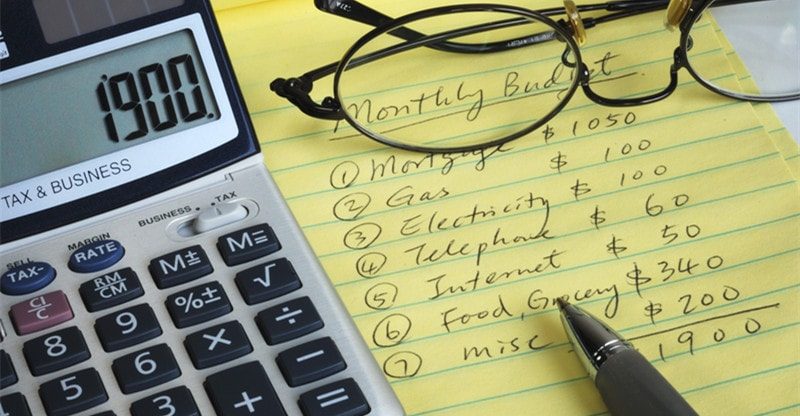5 Ways To Plan Your Budget More Effectively
If you find yourself losing track of your budget near the end of the month, don’t worry, you’re not alone! Many people find it challenging to stick to a budget because they don’t know how to plan it properly or don’t have the habit of controlling their spending. Either way, learning how to plan your budget more effectively will help you save money and live a more stress-free life.
Here are five tips on how to plan your budget the right way!
5 Ways to Save Money and Budget Effectively
1. Understand Your Income
The first step to creating an effective budget plan is to understand all corners of your income. Keep in mind that the income rate you’re looking at here is the amount of money you get to keep after tax deductions. Make sure to consider all income sources, including any hustles you may have, alimonies, interests, child support, or rental income.
Even if your monthly income varies from month to month, try to be as accurate as possible in these calculations.
2. Calculate Your Expenses
Once you’ve determined how much income you have left after taxes each month, take a look at everyone’s least favorite category – the expenses. You can use any budgeting tool or even make your own excel sheet to categorize your expenses. The categories should include housing, food, entertainment, emergency fund, and optional groups such as travel expenses, hobbies, etc.
You should review your expense categories each month because they are more likely to vary than your income data. Again, try to be as specific and accurate as possible.
3. Figure Out the Difference
Now that you have both your income and your expenses figured out, calculate the difference between them. This is the amount of money you will have left after you cover all your monthly expenses. If you’re not happy with the number you got, go back to the expenses category and see where you can make some savings.
Perhaps cut down on your entertainment spending or look for more budget-friendly plans. You can also consider setting up another income stream, although this is far more challenging than just controlling your spending.
4. Organize Your Savings
Once you have the difference between your income and expenses, that amount of money will make up your savings account.
Simply putting money aside and calling it “savings” won’t be of much use, especially since many people tend to tap into this category near the end of the month while promising to make up for it from the next monthly payment. However, this harmful habit will make it impossible to save money in the long run.
Instead of just putting money aside, assign it a purpose. Create savings categories, so you will know what that money is going to be for.
5. Make It a Habit
Last but not least, it is essential to make monthly budget planning a habit. However, sticking to this habit takes more than just planning your income and expenses. You will have to learn how to control your spending and stay within the budget each month. A bit of self-control practice will help you save money in the long-run.
Keep Your Assets Safe
No doubt planning a budget can make a huge difference in your daily life. However, besides just planning, you have to look for ways to save money. One of the ways you can save a couple of bucks on each purchase is through online shopping.
Consider using a VPN to access better deals from different locations, as well as keep your online information safe when browsing the web. What is a VPN? It’s a tool that allows you to secure your internet connection and protect yourself from hackers. A proper cybersecurity plan is one of the best ways to prevent cyber attacks, which can negatively impact your savings.



